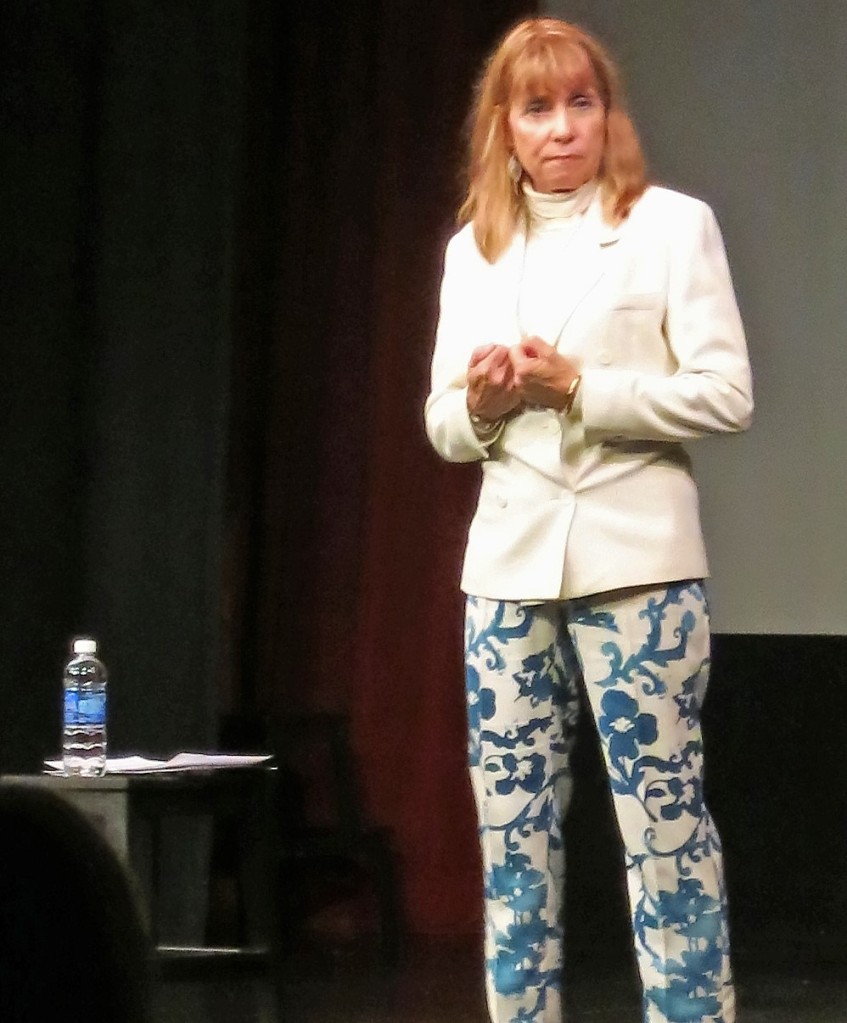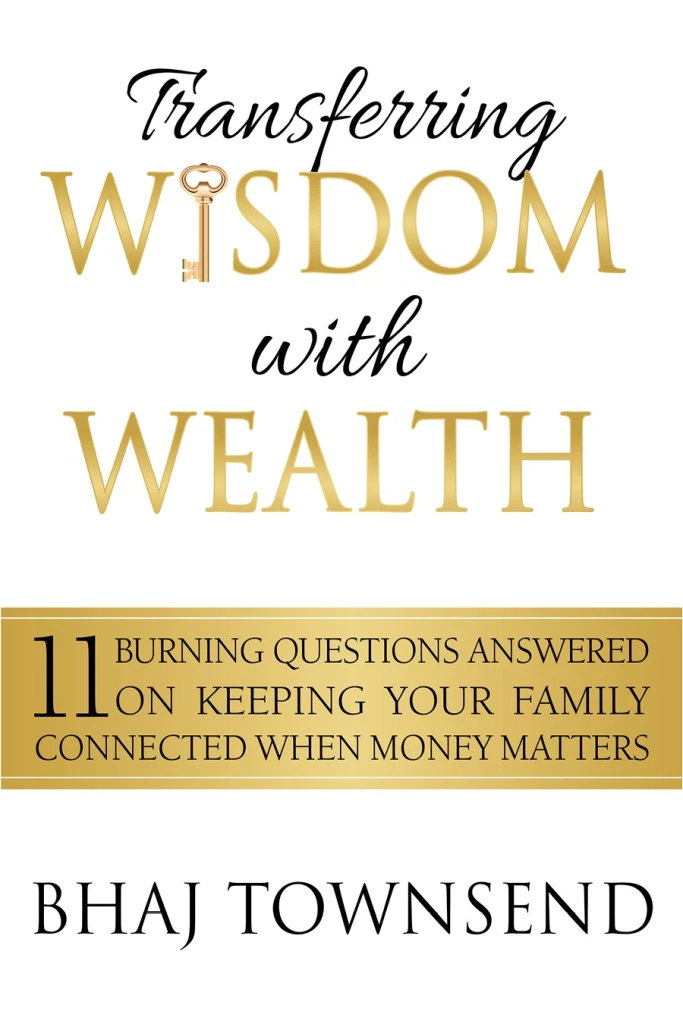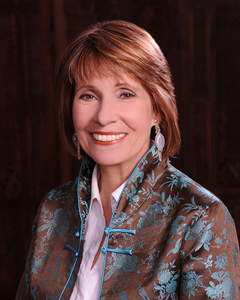How well-connected are you with your money? It’s hard to accurately answer that question without looking at how you view money.
People often link their present financial behaviors to their upbringing and early experiences with money. For instance, if you were inclined to save money as a child, you will likely maintain that habit into adulthood. Conversely, if you spent freely during your childhood, you’re likely to perpetuate that tendency as you get older. Moreover, if money wasn’t openly discussed growing up, you may find it tough to discuss as an adult.
Our money stories are built from years of observing and experiencing money with our parents, grandparents, siblings, mentors, and teachers. For some people, unhealthy money behaviors take shape over time and impact their adult lives and habits. Let’s see how money has informed your life.
- Name one positive association you have with money.
- Name one negative association you have with money.
Which association is more dominant for you, the positive or the negative association with money? Determining this will help you understand your present attitude toward money and how it affects you today.
Our behaviors with money are nuanced by the internalization of childhood money observations and experiences, money tensions with our partner, and how we avoid or attend to our finances. We may have a determined purpose for money, or we may be overly concerned about money, accompanied by anxiety and the need to control others’ money as well as our own.
If money behaviors tear at the fabric of your family, contact me. With 25+ years of experience, I may be able to assist.










